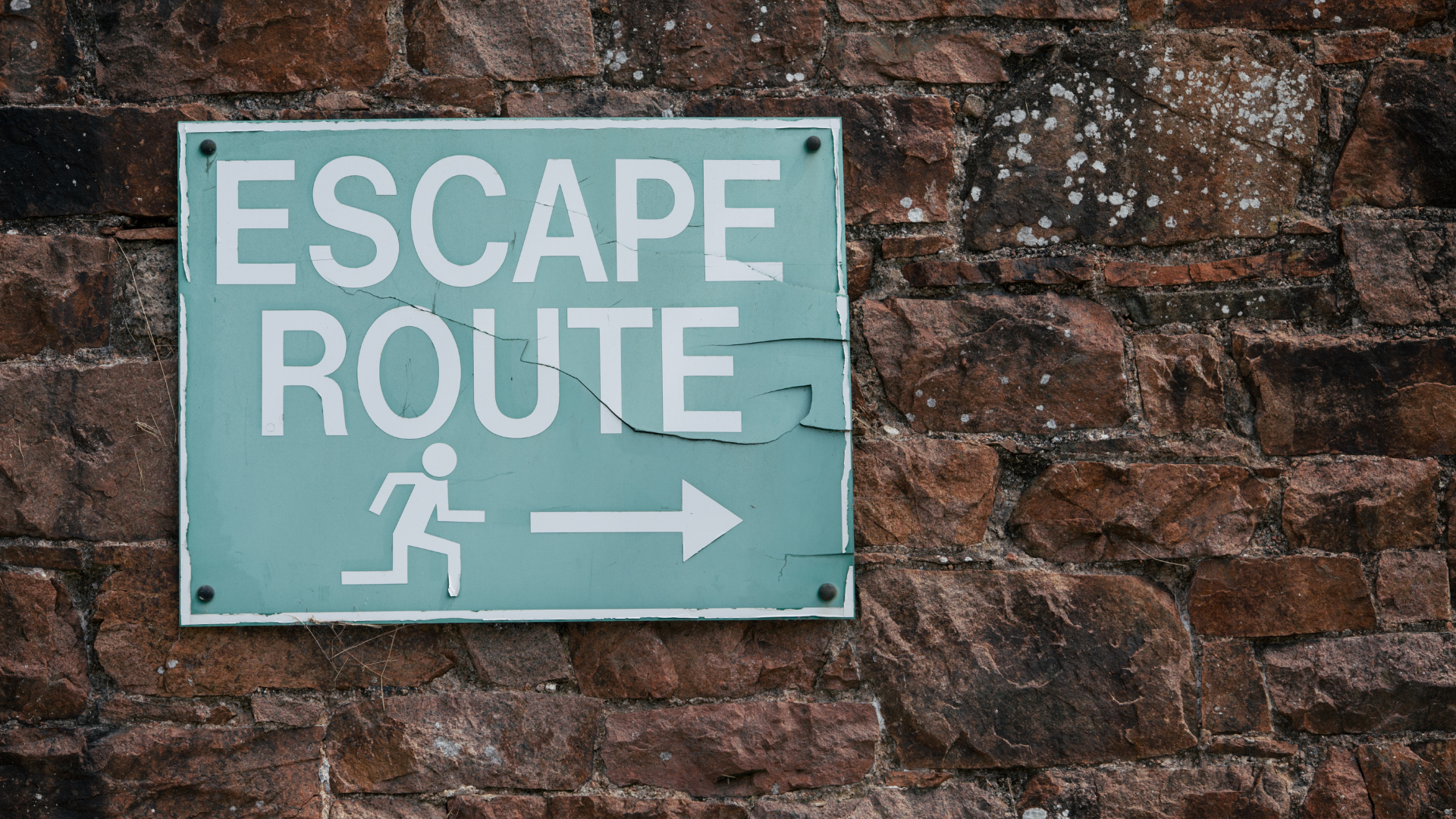The reality of being a woman means you need to be alert whenever you’re out alone. Being aware of your surroundings can prevent you from being in dangerous situations. Whenever you go somewhere, you should get in the habit of noticing exits. Preparedness is key to safety.
Begin Scanning Regularly
When you enter a new place, make it a point to scan the area around you. Look to your left and right whenever you leave your car or enter a new room. It’s always good to check behind you as well to see if there is anyone approaching you from behind. Practicing Situational Awareness can help you notice if anything suspicious is happening and keep yourself prepared for any situation.
Find Exits
Whether you are inside or outside, find your nearest exit. At the park, this may be a sidewalk closest to your car whereas inside you’ll want to make a mental note of all possible exit doors that you pass. Knowing your options for exiting can help you make a quick escape in case of a potentially dangerous situation.
Park Smart
Oftentimes our exit strategy when out will be a vehicle. As you park at your destination, pay attention to the surroundings of your vehicle. Park in well-lit areas, ideally close to the entrance or exit door and near other people. When you enter your car, approach with caution. Be alert by staying off of your phone, scanning for loitering people, and locking the vehicle doors as soon as possible.
Trust Yourself
If a situation makes you uncomfortable in any way, leave. You won’t regret trusting your instincts for your own comfortability. Utilize your escape route and trust that gut feeling, because most of the time it’s right.
Preparedness Tip: Before you go anywhere, tell someone you trust where you’re going and when you expect to leave. In case something happens, at least one person knows your location.
Learn more about how you can stay safe with our situational awareness specialist training and certification so you can become an asset to yourself and others around you. Contact us to learn more.






